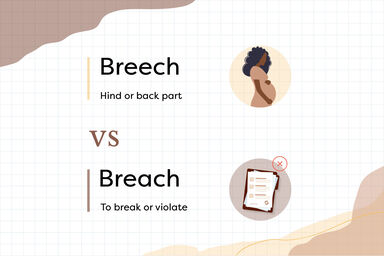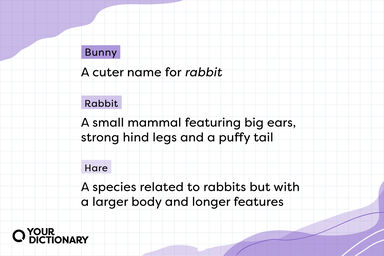Hind Definition
Other Word Forms of Hind
Noun
Adjective
Origin of Hind
-
From Middle English hinde, from Old English hindan (“at the rear, from behind”), from Proto-Germanic *hinda-, *handan- (“far, beyond”), from Proto-Indo-European *k(')enta (“down, below, with, far, along, against”), from *ḱen- (“to set oneself in motion, arise”). Cognate with Gothic (hindana, “from beyond”), Old Norse hindr (“obstacle”), Old Norse handan (“from that side, beyond”), Old High German hintana (“behind”), Old English hinder (“behind, back, in the farthest part, down”), Latin contra (“in return, against”). More at hinder, contrary.
From Wiktionary
-
Alteration of Middle English hine household servants possibly from Old English hīne genitive of hīgan, hīwan members of a household kei- in Indo-European roots
From American Heritage Dictionary of the English Language, 5th Edition
Old English hī(ġ)na, genitive plural of hīġa (“servant, family member”), in the phrase hīna fæder ‘paterfamilias’. The -d is a later addition (compare sound).
From Wiktionary
-
Middle English hinde short for bihinde behind from Old English bihindan ko- in Indo-European roots
From American Heritage Dictionary of the English Language, 5th Edition
Old English hind, from Germanic. Cognate with Dutch hinde, German Hinde, Danish hind.
From Wiktionary
Middle English from Old English
From American Heritage Dictionary of the English Language, 5th Edition
Find Similar Words
Find similar words to hind using the buttons below.





